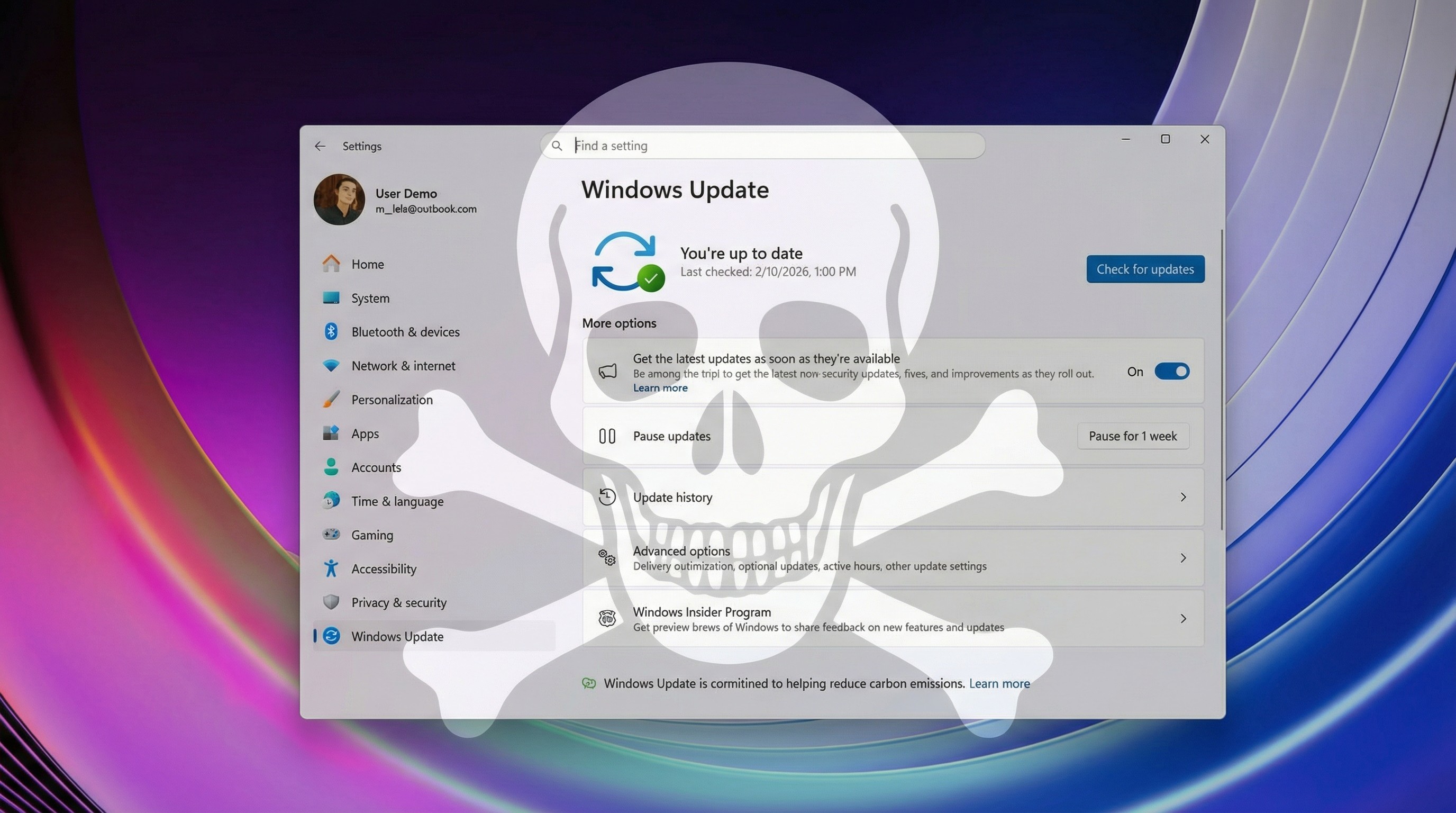An iPhone is a better Windows Phone replacement than you think
Despite Apple's walled-garden, iOS shouldn't be written off entirely for Microsoft users.
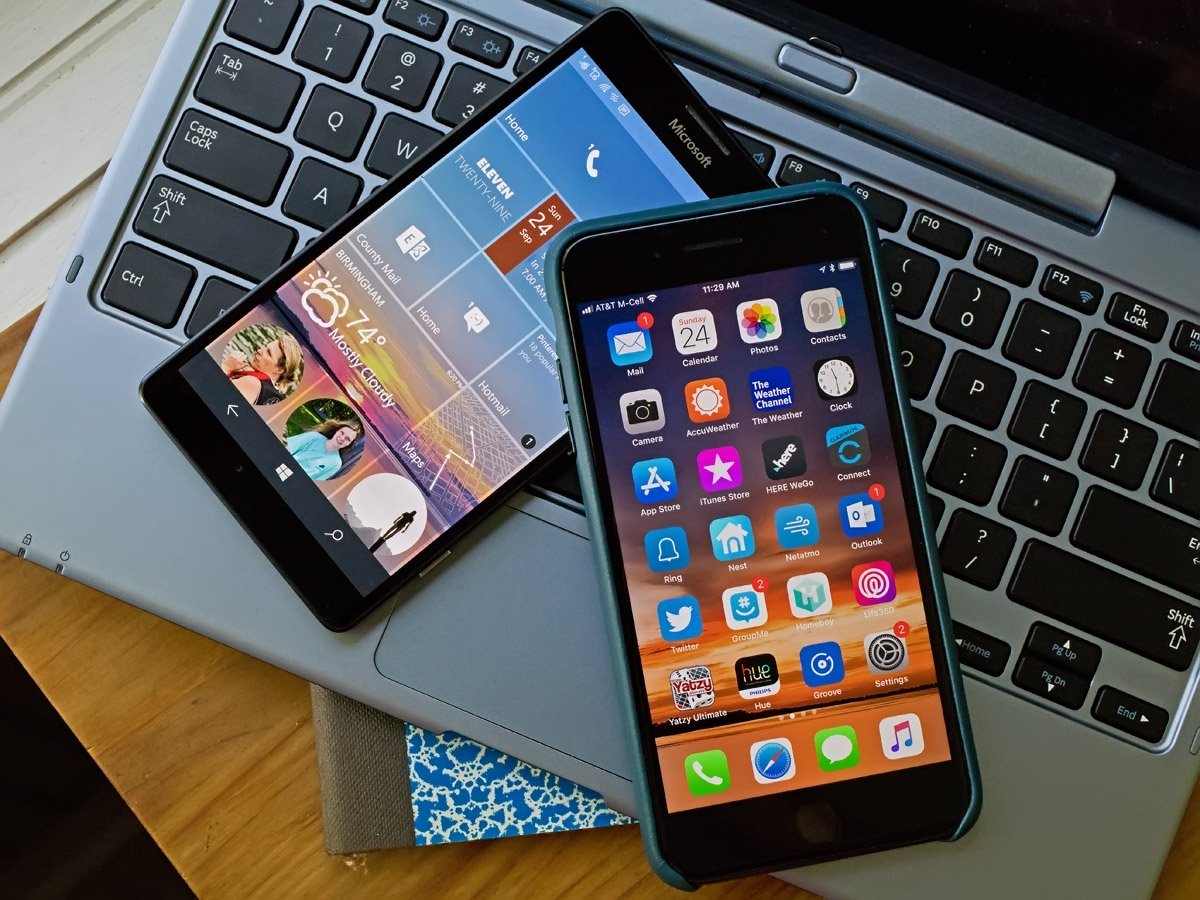
All the latest news, reviews, and guides for Windows and Xbox diehards.
You are now subscribed
Your newsletter sign-up was successful
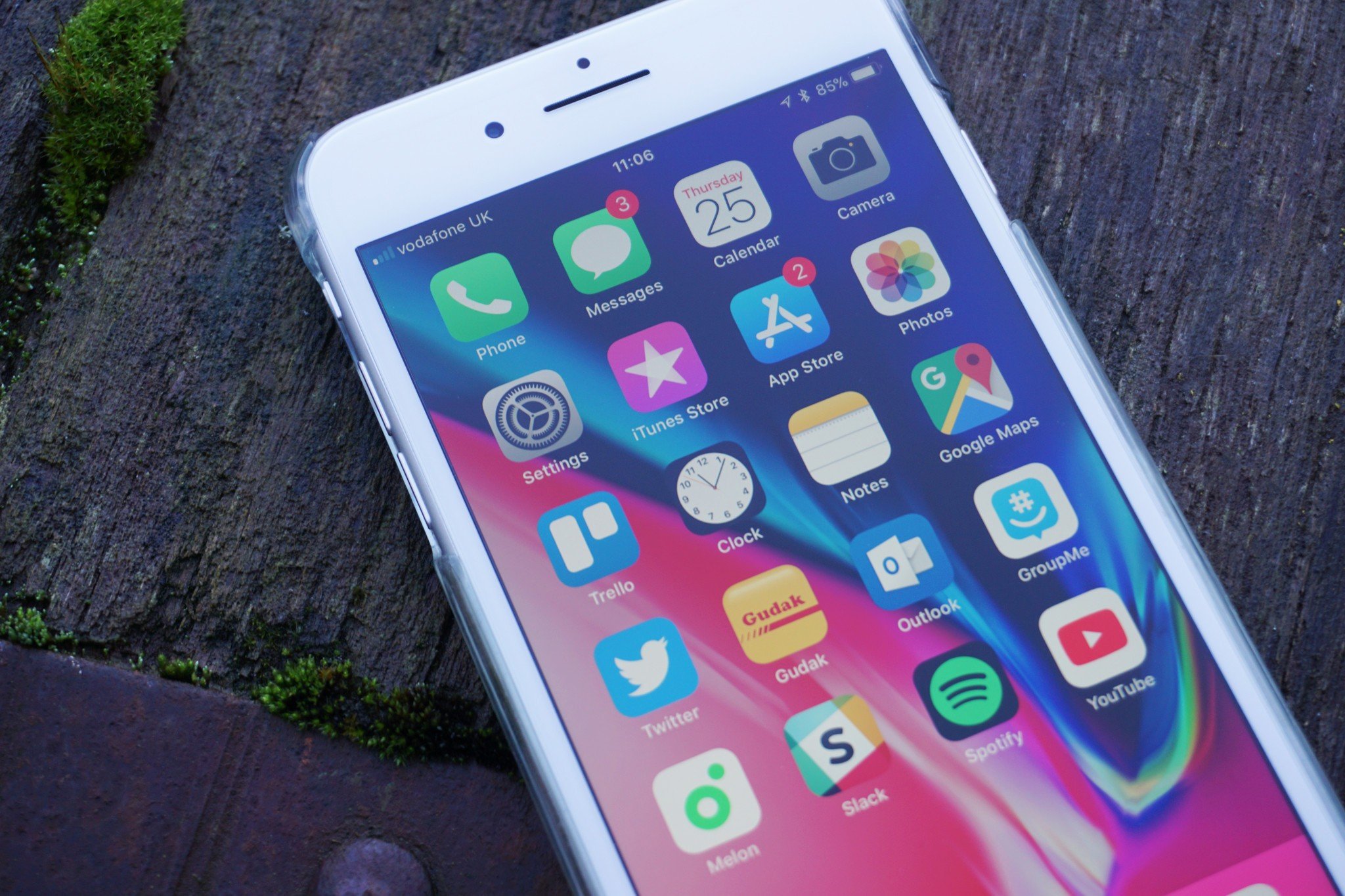
Over the past year, Microsoft has heavily withdrawn its mobile efforts, leaving Android and iOS as sole alternatives for converts. Many regard Android as the best platform for those making the switch, with a strong offering of Android devices serving as worthy replacements. However, don't be so quick to dismiss iOS as your Windows Phone replacement.
While we previously crowned the OnePlus 5T as the ideal device for those tied invested in Microsoft's ecosystem, I recently switched to Apple's rival iOS operating system (OS) as my daily driver. Android may pack a feature set welcomed by Windows Phone users but that's not to say the iPhone doesn't do the same. Here's what I've come to love since making the jump.
Polish where it matters
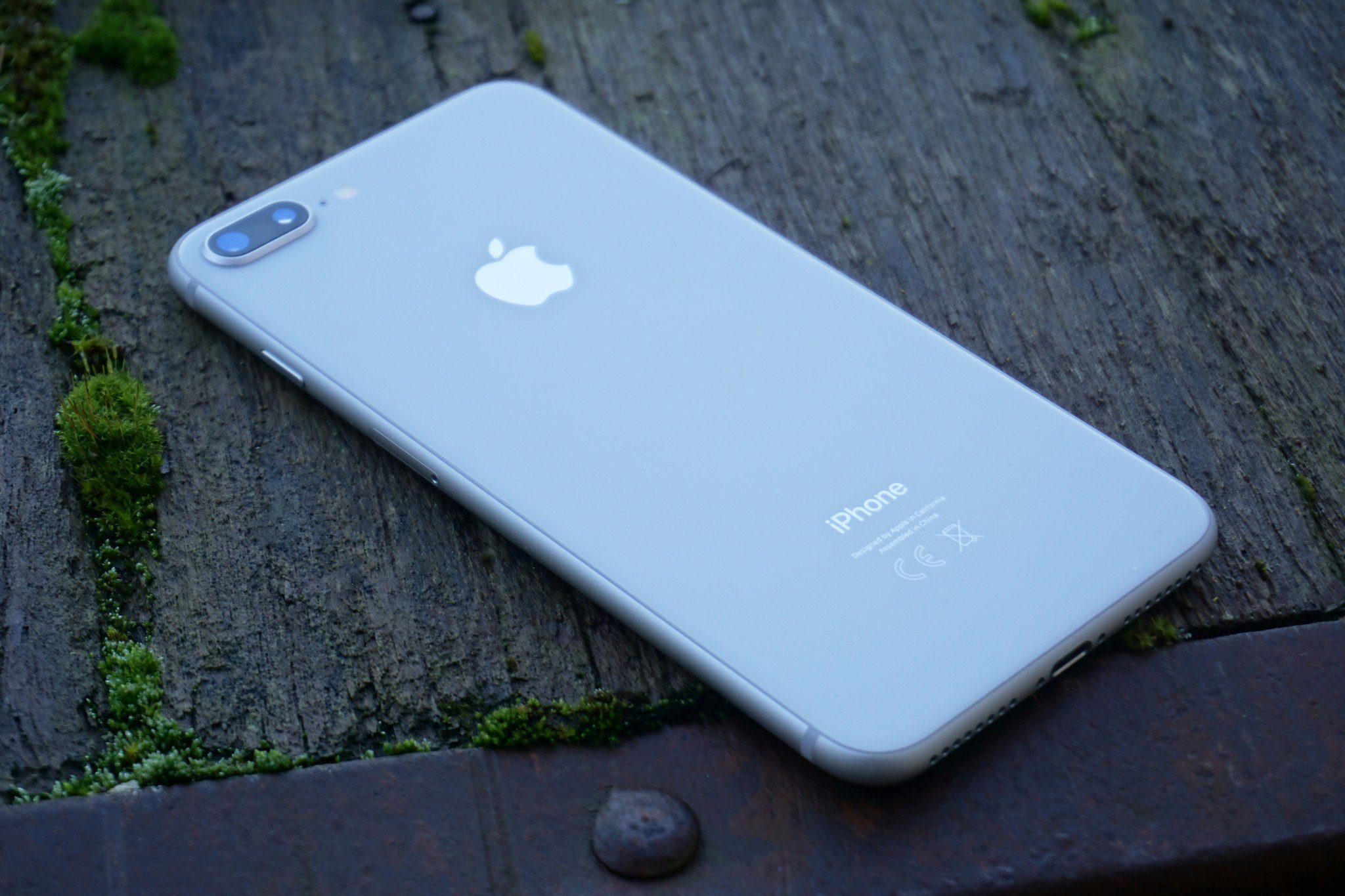
Easily one of the most evident disparities after a shift to iOS was the overall consistency of the OS itself. Apple is a company built on premium experiences, with tight control over every pixel of its products. This means that standards for design, functionality and the general user experience are all tailored to company standards, without input of third-party teams. It simply feels great to use.
This is a stark contrast to the current state of Android, where manufacturers offer their own "flavor" over the underlying operating system. While this sometimes allows for tighter integration of external services, these different versions are often weighed down as a result. Especially in comparison to my most recent Android experience with Samsung, a company known for bloating phones with surplus features, this is a welcome change to see.
Apple's tighter control over iOS has its benefits, but you'll lose flexibility in the exchange. In terms of raw functionality though, the gap between the two platforms has narrowed significantly in recent years. Once-missing features and quality of life improvements are now baked in, making iOS a much more compelling platform, even for mobile enthusiasts. You might be jumping through odd hoops for complex tasks, but for the essentials (and even a little more), Apple has you covered.
Top-tier app experiences
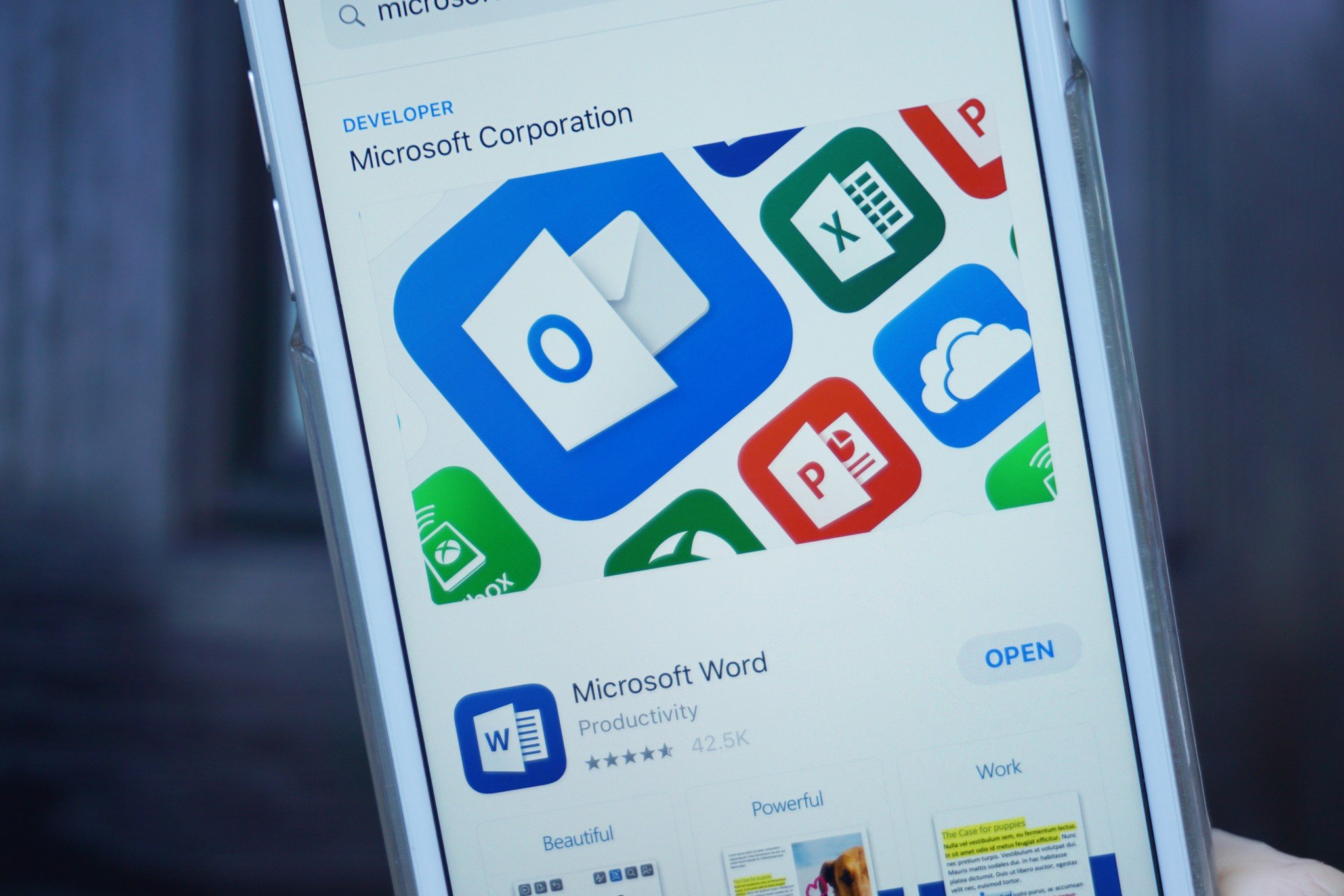
This was something I suspected before making the move and has only been reinforced in my time since – on average, apps are significantly better on iOS. For many developers, the iPhone is treated as the primary development mobile platform and this quickly shows through app quality.
In comparison to Android equivalents, even the most popular services frequently offer more refined and feature-packed apps. While sometimes it's simply the case of more intuitive navigation, for others it can mean entirely exclusive features. Even my bank embraces Apple Pay but failed to offer support for Android services.
All the latest news, reviews, and guides for Windows and Xbox diehards.
Microsoft may not have many iOS-exclusive apps, though the standard for quality is still set much higher. General polish leaves the Office suite, Microsoft Edge, and other Microsoft services naturally tied into iOS, with few shortcomings tied to the platform itself. There are anomalies, but on average iOS is unbeaten for consistency and functionality.
An unmatched hardware ecosystem
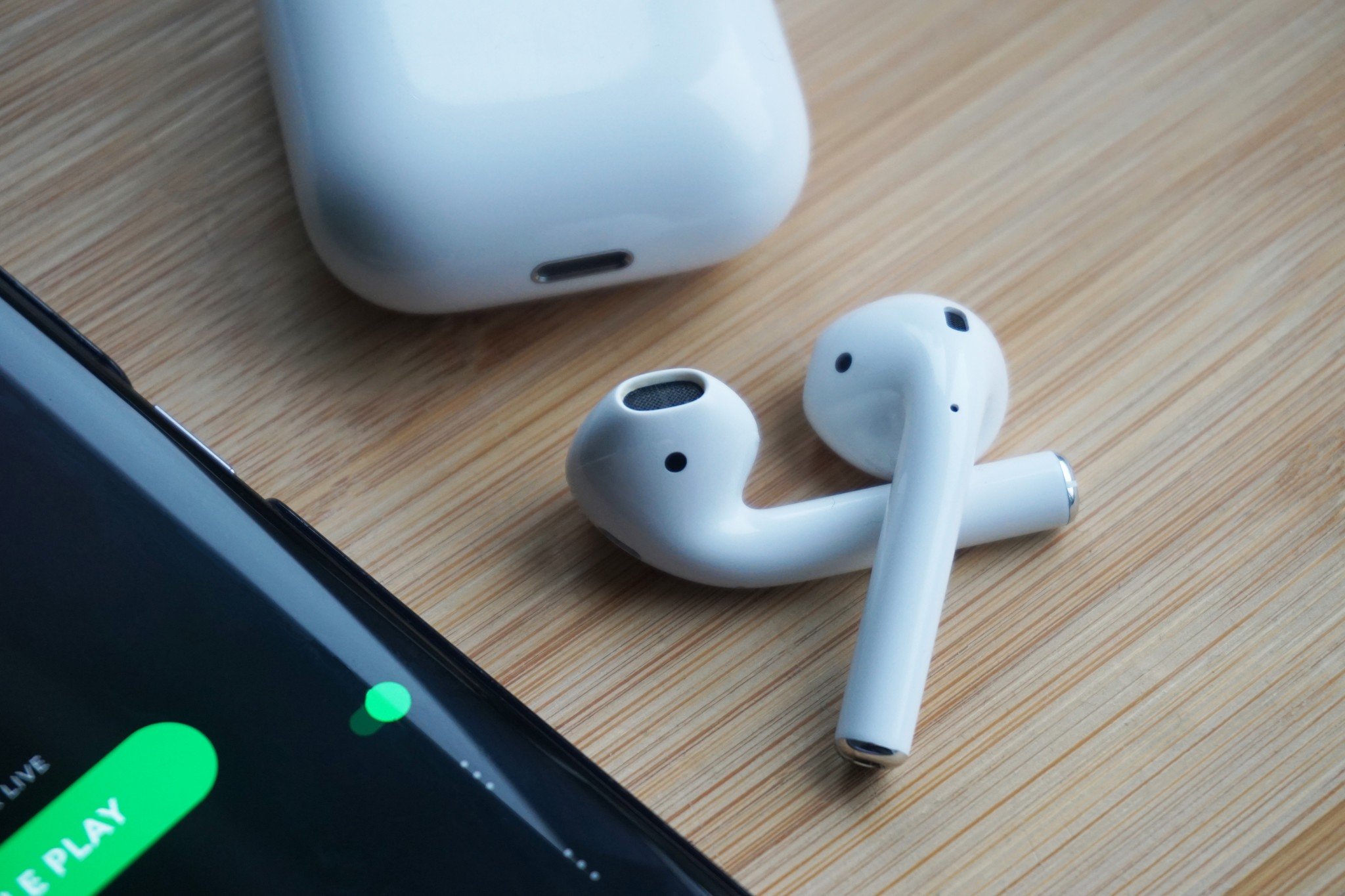
One of the underrated strengths of iOS today is its ecosystem of wireless accessories – an area Apple has gradually scaled in recent years. After ditching the headphone jack and adopting wireless charging, its recent products only double down on its commitment to premium wireless hardware.
I've previously praised AirPods for their simplicity (even for Android users), though they shine best when paired with iOS. The two earpieces come with their own dedicated charging case, with a seamless hand-off once removed. And by hooking into iOS, you'll get some welcome benefits, including customizable touch gestures, on-screen battery data, easy Siri access, and more.
The same also goes for the company's in-house smartwatch, the Apple Watch. Although an independent device with its own cellular capabilities, an iPhone still pushes the most out of the device. The duo once again offers an unmatched level of consistency.
This ecosystem is only expected to expand going forward, with the upcoming "HomePod" speaker. Other devices will still connect to this, though its almost certain Apple's own devices will see tighter integration.
Timely updates for all
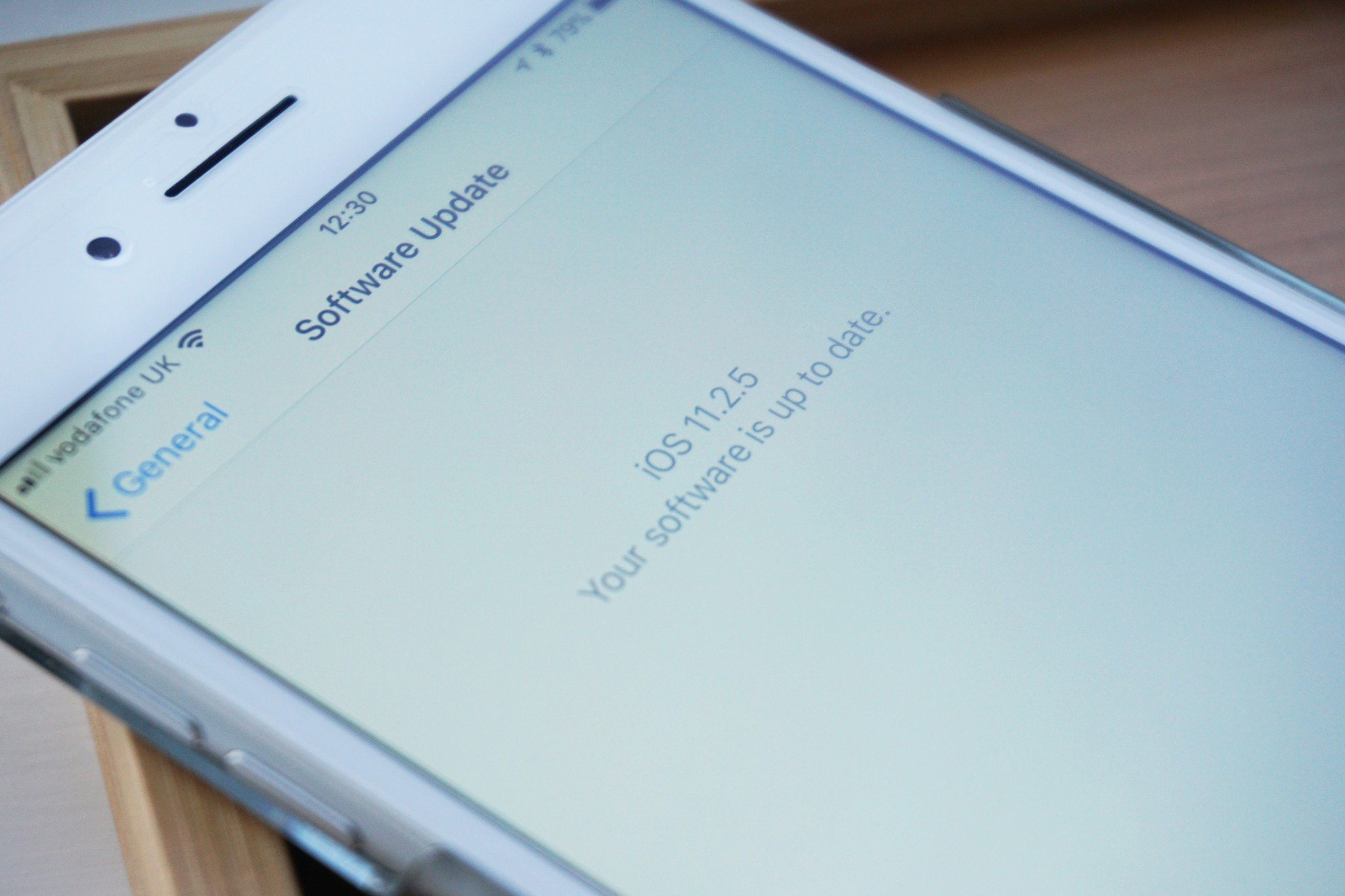
After setting up a new iPhone, you'll soon be prompted to download the latest update, with new features, bug fixes, and other various tweaks. Apple's tightly controlled platform means only one version of iOS is released, with a simultaneous rollout on supported devices. On Android, this just isn't the case.
Android has gained a reputation for its slow-to-nonexistent updates, with the release of new Android versions often delayed between devices. With countless variants of Android served by manufacturers, updates are managed by third parties, leaving a majority of Android users with delayed rollouts (if ever) to their devices.
The latest case of these delays affects the release of Android 8.0 Oreo, and many manufacturers have still yet to adopt this version after its August 2017 debut, even in newly announced devices. Although limiting your options to Google-made hardware can avoid this, Apple ensures all devices remain relevant for years to come.
Your thoughts on iOS
Both Android and iOS have their benefits, though for many, the choice comes down the personal preference. While Android offers raw functionality, there's a thriving charm and polish to iOS that's unbeaten by competition. Make sure to hop into the comments below with your thoughts on the iPhone for those invested in Microsoft services.

Matt Brown was formerly a Windows Central's Senior Editor, Xbox & PC, at Future. Following over seven years of professional consumer technology and gaming coverage, he’s focused on the world of Microsoft's gaming efforts. You can follow him on Twitter @mattjbrown.
